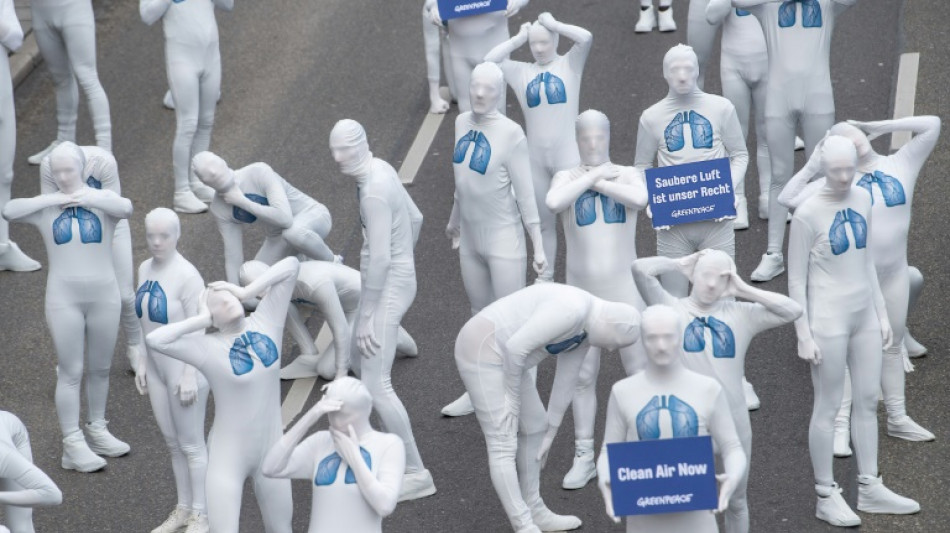
SCS
0.2300


EU member countries on Monday adopted a watered-down deal on curbing car emissions, after auto manufacturers complained stricter measures could undermine electric vehicle investments.
Led by France and Italy, the 27 nations voted for a less ambitious plan than the one put forward by the European Commission in November 2022, eyeing preservation of competitivity in an EU sector on which 14 million workers rely.
The European Automobile Manufacturers' Association (ACEA), the sector's main EU lobby group, cautiously welcomed the decision for the next iteration of car emissions rules in the EU, known as the Euro 7 standard.
But groups calling for cleaner transport rules called it a disappointment.
It was "a missed opportunity," said the Association for Emissions Control by Catalyst, while the European Federation for Transport and Environment called it a "greenwash".
- Coming in 2025 -
The Euro 7 standard will succeed the Euro 6 norm already in place from 2025 and will apply to all road vehicles.
The EU member states' position is not the final word, however.
The final text that will become EU legislation still has to be negotiated with the European Parliament, which has not yet agreed its stance.
The European Commission had sought to have Euro 7 significantly cut nitrogen oxide and fine particle emissions from vehicles, noting that air pollution is responsible for 70,000 deaths annually in the European Union.
But automakers baulked, fearing the added costs of bringing combustion engine vehicles into line at a time when they are spending billions on electric car manufacturing in the face of fierce competition from Tesla and Chinese companies.
Their pressure to have the EU lift its foot off ever tighter standards was heard by France and Italy, which earlier this year jointly opposed strict emission norms.
Bulgaria, the Czech Republic, Hungary, Poland, Romania and Slovakia also signed on to that position.
- 'Essentially' Euro 6 -
But Germany says a lighter-touch Euro 7 standard was significantly less ambitious. Its junior minister for climate and economic affairs, Sven Giegold, complained that in many aspects it "essentially sticks to the Euro 6 norm".
The compromise proposition adopted was drawn up by Spain, which currently holds the EU presidency, meaning it chairs most of the bloc's joint ministerial meetings.
While the proposed text basically leaves unchanged the Euro 6 norms on emissions and test limits for personal cars and light utility vehicles, it does call for a tighter threshold on heavy vehicles.
And, for the first time in Europe, it also seeks to limit particle emissions produced from tyres and brakes.
France's junior industry minister Roland Lescure defended the adopted text.
"As we've decided together to get away from combustion engines, it isn't totally necessary to pile on more regulation," he said.
The European Union intends to put an end to sales of new cars running on petrol or diesel from 2035 as the industry shifts more and more towards cleaner electric models.
The transition is part of an overarching EU ambition towards a carbon-neutral continent by 2050.
J.Ayala--TFWP